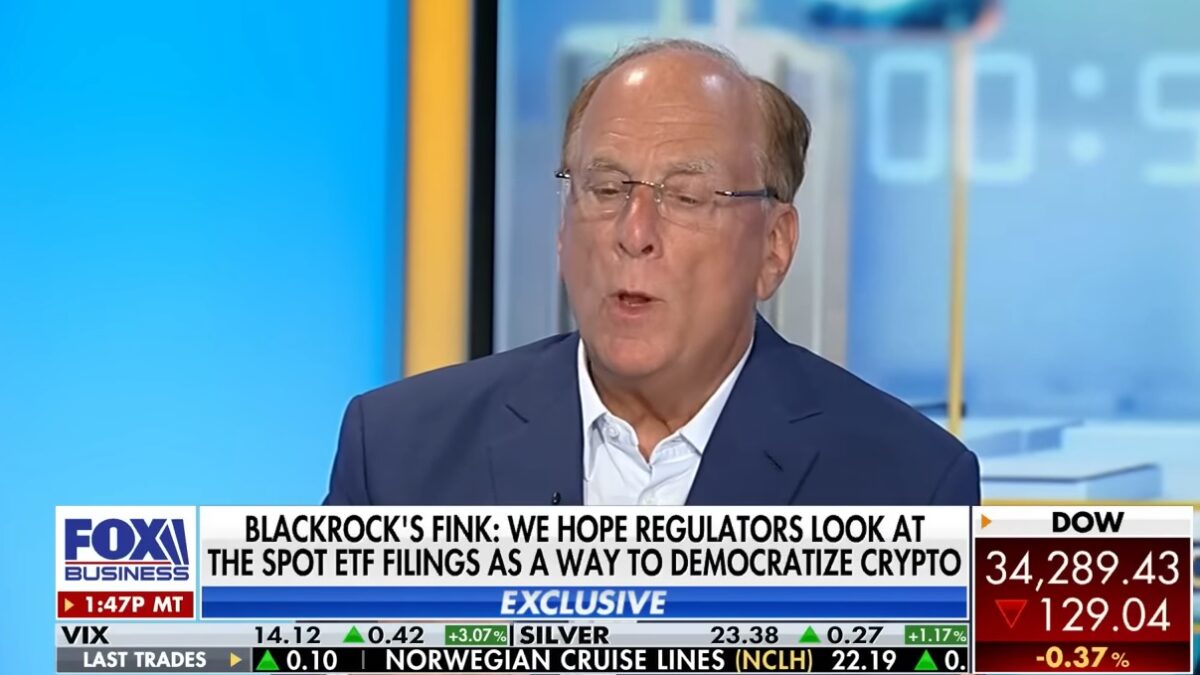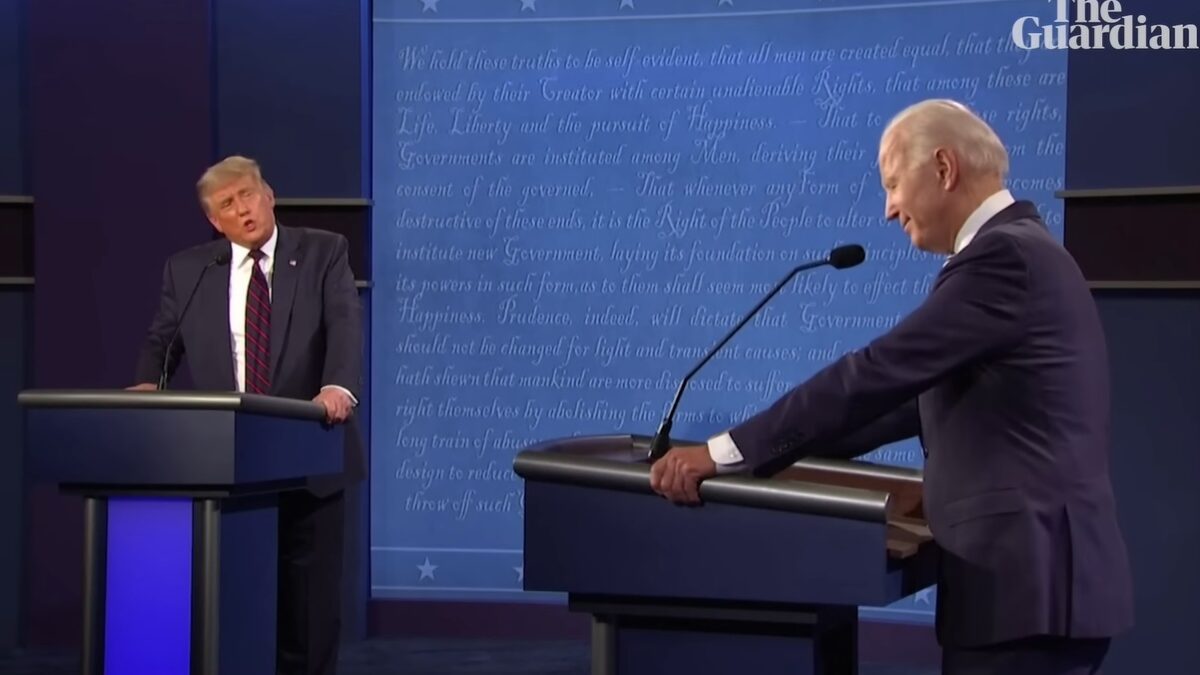
If no one collects money from people who owe it, responsible but not wealthy people will find it harder to obtain credit when they need it. Collecting past due accounts keeps interest low.
I know this because I work for a small law firm that represents one of the largest debt buyers in the country. I have worked thousands of cases on their behalf. I have spent countless hours researching the Fair Debt Collection Practices Act, Fair Credit Reporting Act, Telephone Consumer Protection Act, Truth In Lending Act, as well as state statutes, best practices ,and even court rules. I have had to study every report, suit, advisory opinion, and consent order issued by the Consumer Financial Protection Bureau, a government agency created to regulate my industry.
So by the time a past-due account is in my client’s hands, its value has dropped enough that we are often able to settle, at times for less than was actually borrowed. While it can be a difficult business with all the regulations and legal hurdles, it is necessary, generally beneficial, and sometimes everyone can win.
That is why I found it odd when John Oliver called this business “grimy” and said it “badly needed more oversight.” Don’t get me wrong: I know Oliver is a comedian and an entertainer first, and I have greatly enjoyed his work on everything from “The Daily Show” to “Rick and Morty.” However, giving a journalistic report full of misinformation is irresponsible if not actively harmful. I have enjoyed “Last Week Tonight” in the past, but now that I see just how twisted the facts get in his segments, I wonder if I can trust them to provide anything but excellent analogies.
The Solution Is Simple: Pay What You Owe
I know no one likes debt collectors. They try to take your money. I have been irritated when called over and over regarding gym memberships and cable cancellation fees. The solution was simple. Pay what I owe. It’s annoying and obnoxious to be reminded that you owe money over and over. It can be upsetting to realize just how high a credit card balance has gotten, or how much interest accrued after you stopped paying. It is “humiliating, intimidating, and provokes anxiety,” as Oliver states. But that does not mean that it is wrong, unfair, or the fault of the debt buyer.
Oliver’s segment uses several other news reports, including one where an author states, “When I talk about debts being bought and sold, here, we’re really just talking about an Excel spreadsheet.” This is like saying “This car was free. All I had to do was sign some papers.” While the information on the accounts being sold might be summarized in a spreadsheet, there can be thousands of pages of supporting documents. I know this because these are the documents I and my support staff assemble and consult before filing a case.
Oliver states that “debt buyers…aren’t always scrupulous about checking their information before collecting.” However, even in the extreme example he provides, the woman in question never denies that she owes the debt, merely that it is from a different company than she expected. I do not see how this activity is unscrupulous. If this is not the woman who owes the debt, she can certainly contest it, as proving her case will be as simple as showing a driver’s license. Similarly, the shocking recordings of debt collectors being abusive on the phone are clearly illegal. A consumer can sue any collector that uses threats or abuse, and such collectors would certainly be fired from any agency I have ever worked with as a huge liability for the company.
Making Excuses For Bad Behavior
When Oliver brings up filing suits, it gets personal for me. This is my job, and I work hard at doing it well and remaining compliant with the multitude of ever-changing laws and regulations. Oliver pays lip service to this, noting that regulators have taken “some action.” This is a pretty extreme understatement, as the Obama administration founded a new government agency tasked specifically with overseeing and regulating debt collectors.
Oliver mentions that debt buyers are among the heaviest users of court systems. My response is, “Well, duh.” Basically, all civil lawsuits are attempts to collect money in some form. It follows that when your business is to collect money, and you buy more debts than anyone else, you will use the legal system to do so. This is why the civil courts exist: to help people collect money from people who don’t want to pay.
Worse still is the claim that debt buyers and collectors “bank on consumers ignoring the lawsuits” in order to get default judgments. While it is true that most consumers do not appear at court, one of the main reasons collectors file suit is that consumers who won’t respond to anything else will respond when a suit is filed. Simply getting in contact with consumers is the hardest part of collections work; filing suit is one of the most potent tools available. Contrary to what the segment says, debt collectors want people to show up in court. I’d say about 1 in 5 appear, and about 1 in 10 of those contest. Blaming the debt collector for a consumer who fails to appear in court is like blaming a child for his parents failing to pick him up from school. Someone is being irresponsible, and it is not the party who showed up.
John Oliver’s grand final gesture of pretending to pay off $15 million in medical debt has been thoroughly deconstructed elsewhere, so I won’t bother doing so. Had Oliver tried to collect on that out-of-statute debt, he would have found it nearly impossible to do so.
The sheer volume of law and regulation protecting consumers in America is staggering, and without recourse to the courts, it is incredibly difficult to get people to part with their money. Even in the courts, most judges favor defendants who defend themselves, and give them an opportunity to make their cases. This is not to complain—it should be difficult to part people from their money. Oliver’s segment, though, addresses outliers as though they are common and comes up with useless solutions. Personal responsibility and financial instruction will solve the debt crisis in America, not simply adding another dozen regulations to the hundreds and thousands that already exist.









